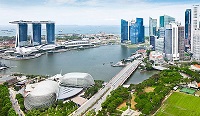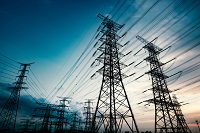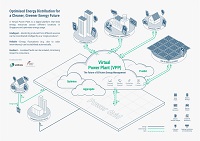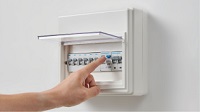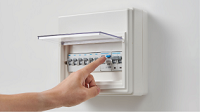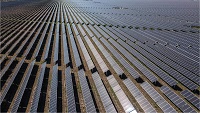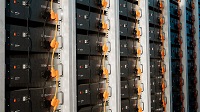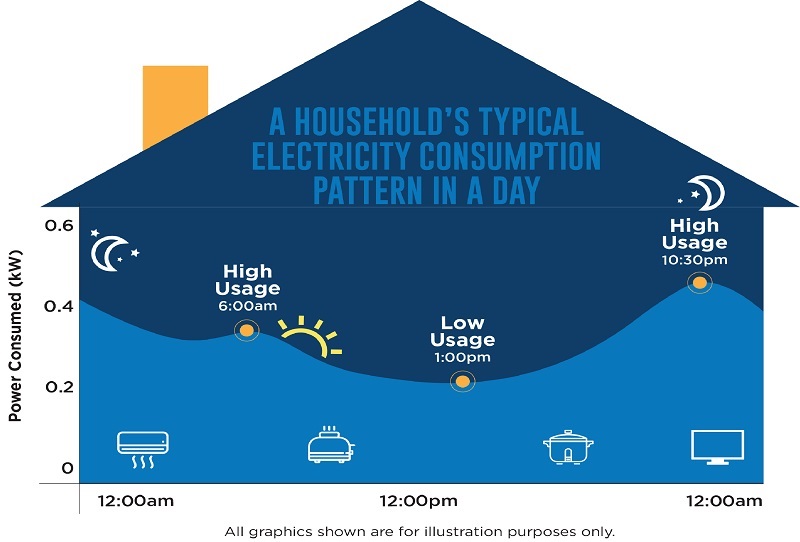Besides choosing more energy-efficient appliances, the type of appliances we buy and how we use them matters too.
For example, an instantaneous water heater that instantly heats water as it flows through the appliance is more energy efficient than a storage water heater.
With air-conditioners among one of the energy-intensive appliances, it also pays to use them more optimally.
- Choose the right cooling capacity for your air-conditioner. An oversized air-conditioner is not only more costly, but also operates less efficiently whereas an undersized air-conditioner may not provide adequate cooling.
- Consider using the air-conditioner for a short while to cool the room and switching to a fan thereafter.
- Set your air-conditioner at 25 degree Celsius or higher.
- Service your air-conditioning units regularly so they function more efficiently.
